When writers have an idea, they jot their thoughts down in a notebook or in a Word document. From those first words, they formulate sentences, paragraphs, and eventually articles and books, some spanning hundreds of pages with millions of words. When music composers have an idea, they write some type of pattern of notes or rhythms on a paper. Or scribble some weird shape or texture that only they understand... or rush to a private place to record themselves singing some type of disjunct squeals (in the mind they are violins!)... They soon find the nearest piano, only to realize that their idea is a lot more complicated than they anticipated. The rhythm is somewhere between a quintuplet and a sextuplet and the imagined colors seem impossible to render with an orchestra, let alone a woodwind trio or piano. Instead of writing in a well-understood language, composers must translate expansive ideas into something that their performer will understand and interpret well.
Why is communicating with music notation so much harder than writing in a language? While words have a specific, distinguishable, and clear-ish meaning, the palette of existent sounds in the universe is endless (in fact, all words in every language are simply a subset of possible sounds). Music notation focuses on pitch, rhythm, and meter, and with less clarity it includes abbreviations and symbols for dynamics, articulation, and phrasing. While helpful, information is lost in the process of notation. There are twelve notes to somehow represent every frequency between a given pitch and double its frequency. Rhythms are only divisible by two and must be written as a tuplet to be more specific (except for the first subdivision in compound time, which happens to trip performers up constantly). Dynamics are represented by only 6 reasonable levels (pp-ff). And articulations are often entirely dependent on context and are to be interpreted from a combination of dots, lines, carrots, and curves above notes.
There are creative ways to expand the ability of the music notation, but performers will attest that even with these basic limitations, it is challenging to render a sophisticated piece of music well! Unlike the languages we speak that use a limited number of sounds and largely ignore pitch (at least for denotation), music may involve any possible combination of pitches and rhythms in each short gesture, which results in millions of possible combinations when only using a few notes (which is why performers are often hidden in practice rooms for several hours a day). In essence, notation cannot capture the nuanced nature of sound, but even in its limited capacity, the human mind must work tirelessly for years to communicate through it.
So what is the benefit of written music when so many cultures and notable people have created stunning artistry through an oral tradition? Perhaps all the stress about notes is because we forget they are indeed notes. However detailed or planned out by the composer, notes do little more than give the performer instructions to enact, recalling information to complete the task. But how can a performer recall something in music they have never read before? The answer to this question is: Western music is also an oral tradition, as is all music (and all languages first and foremost)! Deeper than notes is the essence of the music itself, and musicians who expose themselves to a large and diverse selection of sounds will understand and accurately interpret this essence.
As our world becomes more interconnected, the expectations for musicians will increase, for Charlie Parker, Nusrat Fateh Ali Khan, Sting, and the Beatles all had something to say that Mozart's style did not (and we can't ignore it!). It is the job of the composer, and always has been, to communicate what they envision in the clearest manner possible, despite the limitations of the notes. Then, with whatever intelligible scribbles are on the music stand, the performer pulls from thousands of years of culture acquired by ear and a lifetime of practice and continues that oral tradition all musicians preserve. The reasons why composers and performers would specialize in their respective roles and not cross over is a topic for another day (and it's honestly a mystery to me), but in the end, music is much more than the notes. But I'll toil away to get them on the page anyway because, while unclear and somewhat vague, they allow performers, audiences, and me to share in the communal experience they represent--the experience we have from our cultures, life events, and perhaps from things deeper and more eternally rooted in essence than we can comprehend.

